FREE UK Delivery £25+
FREE UK Delivery £25+
Blog
about us
account
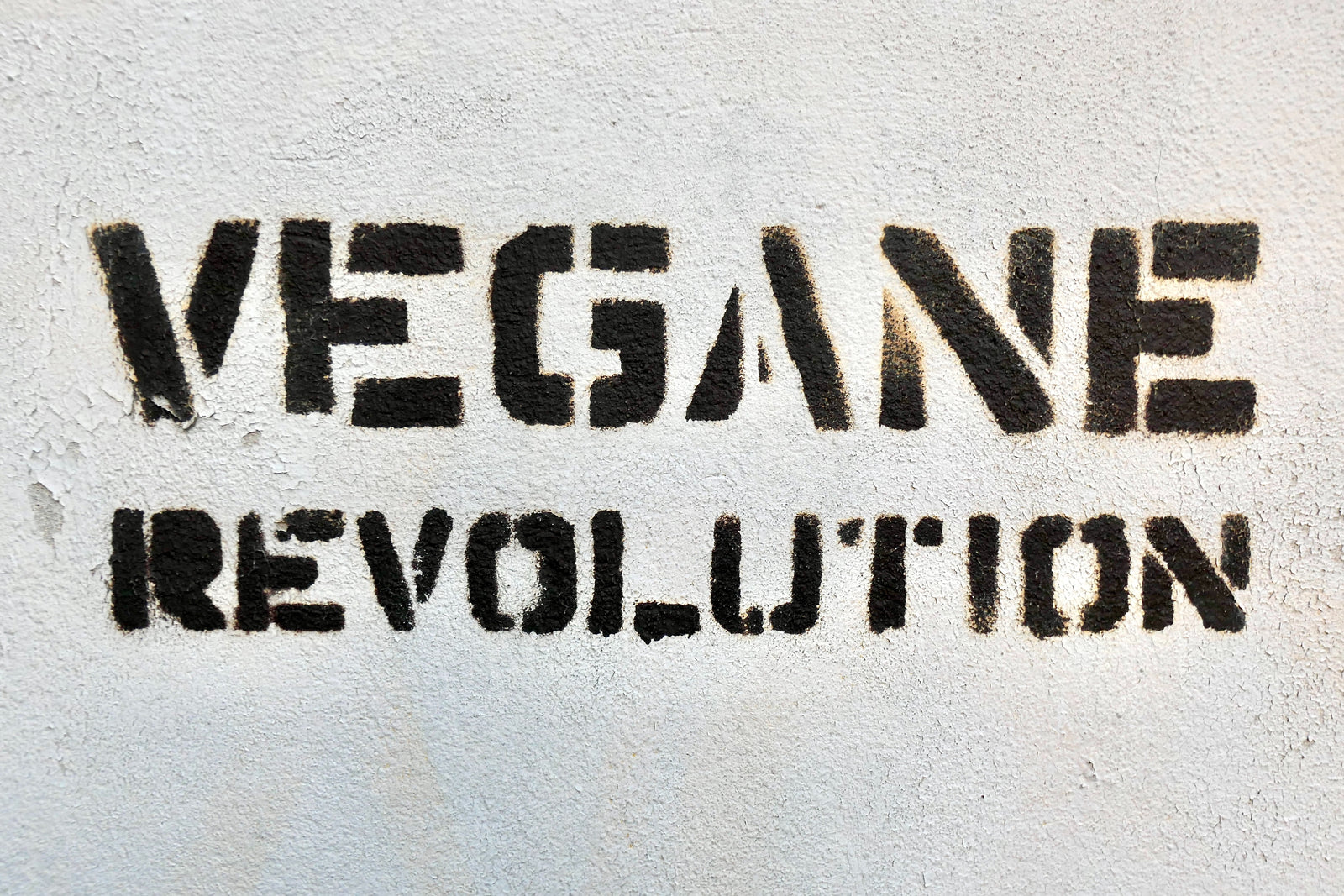
What Supplements Should I Take As A Vegan?
January 12, 2021 5 min read 1 Comment

https://unsplash.com/photos/Ux-C3mnl9Fs
What Supplements Should I Take As A Vegan?
The biggest concern a lot of people have about switching to a vegan diet is whether it provides your body with all the nutrients, vitamins and minerals it needs to function effectively- not to worry as the British Dietetic Association confirms that a "well-planned vegan diets can support healthy living in people of all ages".
But with any diet - including a meat-based one - it's always healthiest to watch what you eat pretty closely, to make sure you are getting the key nutrients your body needs. The answer to this is often taking supplements,
Here are the nutrients you may be missing, some deficiencies you may face, and what you need to supplement as a vegan.
What Nutrition Is Found In Meat And Dairy That Vegans Don't Receive?
Vitamin B12 for Vegans
One of the biggest nutrients vegans are missing in the diet is Vitamin B12. This essential nutrient is something you can almost only get from animal products such as meat, fish, dairy products, and eggs. (1)
There is a common misconception that animals produce Vitamin B12 themselves. In fact, it is produced by bacteria, not animals and plants, meaning animals must obtain it directly or indirectly from bacteria. Animal food contains these high amounts of Vitamin B12 because they accumulate the bacteria throughout their lives. They are usually supplemented with Vitamin B12 in their feed too. They are also exposed to manure in their living conditions, where Vitamin B12 can also be found. (2)
Basically, vegans have to go to the source bacteria for Vitamin b12, by taking supplements.
Vitamin D3 For Vegans
Vitamin D3 is an essential nutrient that plays many important roles in the body, it helps you absorb calcium and phosphorus, which is important for building and keeping strong bones. (3) Many people think you can simply get Vitamin D from the sun, but unless you live in an area with high sunlight exposure, such as areas near the equator, you should be taking the Vitamin regularly.
There are two types of Vitamin D you can get from your diet, D2 (ergocalciferol) found in plants, and D3 (cholecalciferol) found in animal-based products. To put it simply, the animal-based Vitamin D absorbs into your blood much more efficiently than the plant Vitamin D. (4) (5) Unfortunately, this means the best sources of Vitamin D3 is fatty fish, egg yolks, or cod liver oil.
Since the main dietary sources of Vitamin D3 aren’t vegan, you may be at a higher risk of being low in this Vitamin, which can lead to health issues. Lichen, a composite organism that arises from algae or cyanobacteria, is actually the only vegan source of Vitamin D3.

https://unsplash.com/photos/qKbHvzXb85A
Which Deficiencies Are Common In People With A Vegan Diet?
Vitamin B12 deficiency
If you’re deficient in Vitamin B12, you may face a range of psychological and neurological issues. The biggest worry is the disruption to the nervous and circulatory systems. This can lead to megaloblastic anaemia (6), a condition in which the bone marrow produces large, abnormally shaped red blood cells that do not function properly.
Vitamin B12 deficiency can also lead to psychological conditions like depression, paranoia, and dementia. It can also cause the following symptoms (7):
- tiredness or fatigue
- weakness
- constipation
- loss of appetite
- weight loss
- numbness and tingling in the hands and feet
- balance problems
- confusion
- poor memory
- soreness of the mouth or tongue
Vitamin D3 deficiency
This is a really common deficiency in both meat-eaters and vegans, so it’s important to understand the symptoms and know what to watch out for. It is estimated that around 1 billion people have low levels of Vitamin D in their blood. (8)
Many people don’t realise they’re deficient as the symptoms are quite subtle, but the long-term effects are devastating. Deficiency in Vitamin D3 could cause the following (9):
- osteoporosis, with an increased risk of fractures in older adults
- cancer
- heart disease
- multiple sclerosis
- depression
- impaired brain function
- muscle wasting and reduced strength - especially in older people

https://unsplash.com/photos/nj9tmN-7YMA
Do You Need To Take Supplements As A Vegan?
As outlined above, for vegetarians and vegans, taking Vitamin B12 and Vitamin D3 supplements are pretty essential for your health and wellbeing, but there are other supplements you should consider adding into your diet too.
Omega-3 Fatty Acid for Vegans
As a vegan your diet is usually high in some types of Omega-3 fatty acids but is quite low in others. This will take a bit of explaining so please bear with us…
Long-chain Omega-3 fatty acids like docosahexaenoic acid (DHA) and eicosapentaenoic acid (EPA) can be made by the body through ALA.
Long-chain omega-3 fatty acids, such as docosahexaenoic acid (DHA) and eicosapentaenoic acid (EPA), are nonessential, meaning that the body can make them using alpha-linolenic acid (ALA). However, research has shown (10) the human body has a limited capacity to convert ALA into EPA and DHA, and vegans tend to have lower EPA and DHA levels than their meat-eating counterparts .
As such, ALA is present in vegan-friendly foods such as canola oil and soy products, but EPA and DHA are only present in fish, fish oils and microalgae. The best vegan sources of EPA and DHA is an algae oil supplement.
Want to know more about why Omega-3 is so important for your body? Read our blog on it here.

https://www.pexels.com/photo/person-holding-blue-pills-4058301/
Iron for Vegans
An iron deficiency certainly isn’t exclusive to vegans, but it’s an important one to watch out for. Iron is crucial for building healthy blood cells and enabling them to carry oxygen throughout the whole body.
You can get Vegan iron-rich food from a variety of sources such as nuts and seeds, as well as:
- Lentils
- Chickpeas
- Beans
- Tofu
- Cashew nuts
- Chia seeds
- Sesame seeds
- Ground linseed
- Hemp seeds
- Pumpkin seeds
- Kale
- Dried apricots and figs
- Raisins
- Quinoa
- Fortified foods such as breakfast cereals
Vegans can also supplement your iron intake by adding a multiVitamin to your diet.
Calcium for Vegans
Another vital nutrient many vegans are lacking in calcium. This plays an important role in heart health, bone and teeth formation, and muscle function. Research (11) has shown that vegans have the lowest calcium levels compared to meat and vegetarian diets.
You can receive calcium from a range of plant-powered sources such as:
- Dark leafy greens
- Nuts and seeds
- Legumes, such as lentils and chickpeas
- Fortified foods, such as plant milk and breakfast cereals
It is recommended that vegans take calcium supplements. Taking it alongside Vitamin D can help boost the body’s absorption.

https://unsplash.com/photos/vHbw2pf8nbw
The Importance Of Sustainable Nutrition For Vegans
Is A Multivitamin Enough For A Vegan?
A multivitamin is a surefire way to get enough of your essential nutrients, but taking specific vitamins within areas you may need support is the best course of action, especially for vegans.
To conclude, a well-balanced, healthy vegan diet can fulfil your nutritional needs but certain requirements may be difficult to achieve through diet alone, which is especially true for Vitamin B12, Vitamin D, and Omega-3.
Taking supplements is a great way to support your diet to ensure healthy bodily function and optimum performance.
If you’re looking to begin taking supplements, then check out Omvits, a 100% plant-based, ocean-friendly, and sustainable multiVitamin and mineral creator.
- https://pubmed.ncbi.nlm.nih.gov/17959839/
- https://www.fda.gov/media/80692/download
- https://www.webmd.com/drugs/2/drug-10175/Vitamin-d3-oral/details#:~:text=Vitamin%20D%20(ergocalciferol%2DD2%2C,building%20and%20keeping%20strong%20bones.
- https://pubmed.ncbi.nlm.nih.gov/9771862/
- https://pubmed.ncbi.nlm.nih.gov/21177785/
- https://www.healthline.com/health/megaloblastic-anemia
- https://www.healthline.com/health/symptoms-of-Vitamin-b-deficiency#Vitamin-b-12
- https://www.ncbi.nlm.nih.gov/pmc/articles/PMC4143492/
- https://www.healthline.com/nutrition/Vitamin-d-deficiency-symptoms
- https://www.ncbi.nlm.nih.gov/pmc/articles/PMC5705809/
- https://www.ncbi.nlm.nih.gov/pmc/articles/PMC3967195/
1 Response
Leave a comment
Comments will be approved before showing up.
Also in The Omvits Blog

The Power of Running: How a 200 Mile Run to Wales Became a Meaningful Journey for a Great Cause
May 03, 2023 3 min read
We interviewed Andrew Thomas, who was preparing for a 200-mile marathon from London to Wales to raise funds for Maggie's Cancer. Read the article to know more about his adventure!
Subscribe
Sign up to get the latest on sales, new releases and more …
Recent Articles
-
The Power of Running: How a 200 Mile Run to Wales Became a Meaningful Journey for a Great Cause
May 03, 2023
-
Sneaky Ingredients To Watch Out For If You're Vegan
January 11, 2022
-
How To Do Veganuary If You’re On A Super Tight Budget
January 11, 2022
-
How To Satisfy Meat & Fish Cravings During Veganuary
January 11, 2022
-
Common Pitfalls Of Veganuary And How To Avoid Them
January 11, 2022
-
Simple Nutrition Advice For Veganuary And Beyond
January 11, 2022
-
Best Vegan Meat Alternatives To Try This Veganuary
January 11, 2022
-
5 Ocean Friendly Clothing Brands To Check Out This Month
June 21, 2021
-
12 Incredible Ocean Conservationists To Support This June
June 16, 2021
-
How To Do Something For World Ocean Day If You Can't Get To A Beach
June 08, 2021

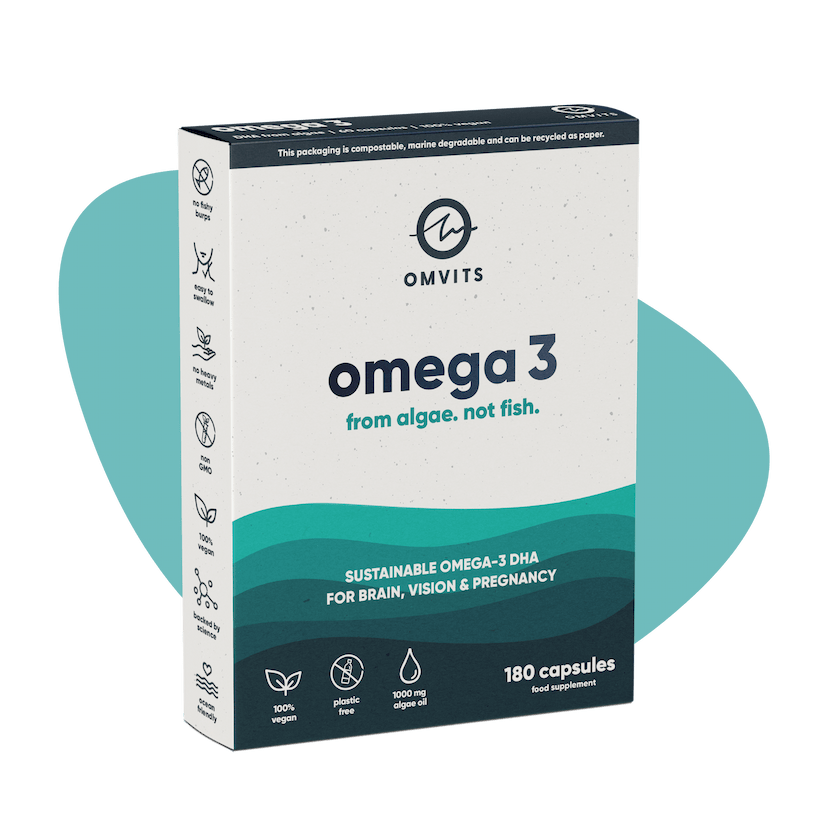
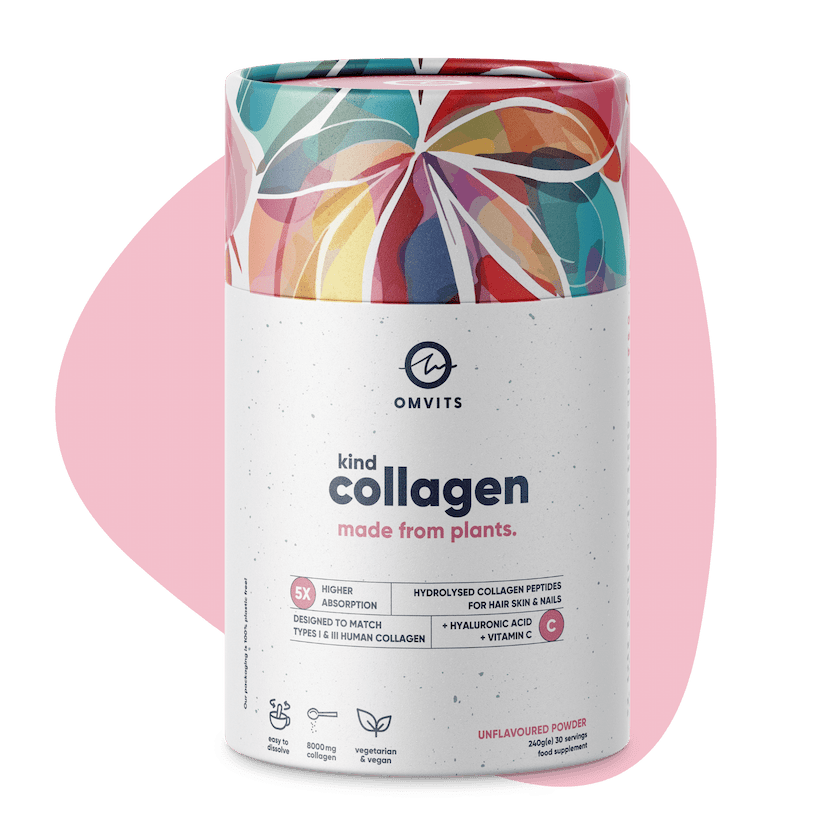
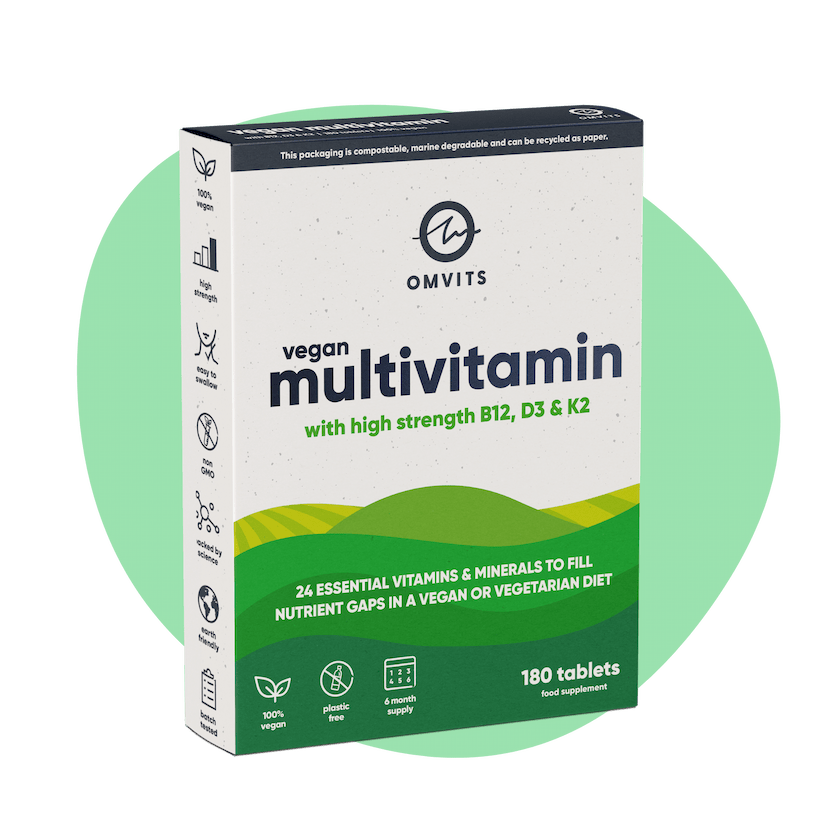
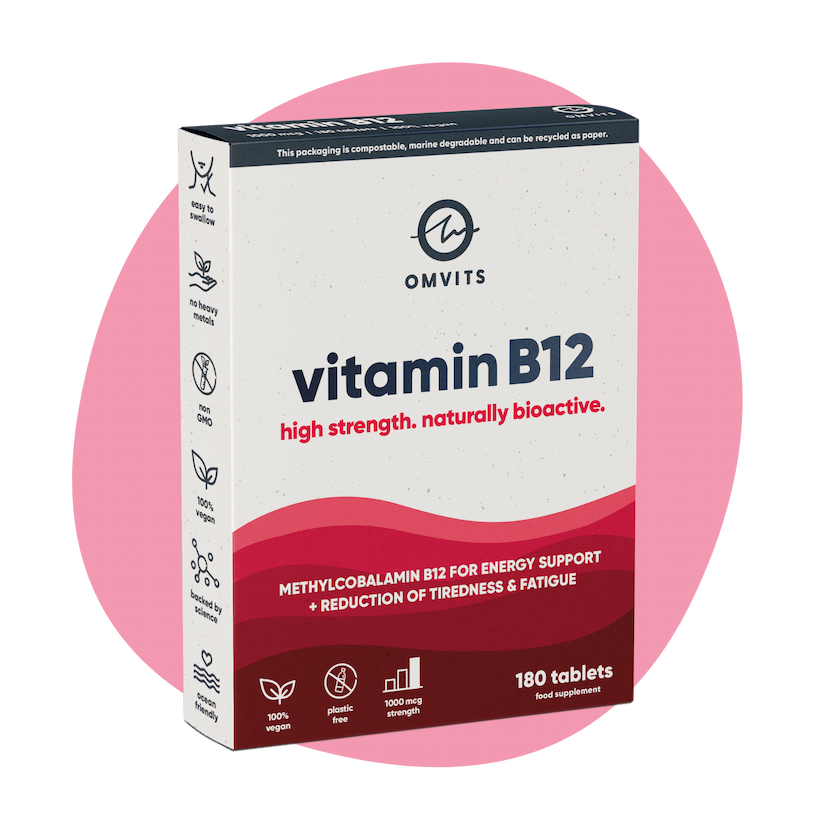
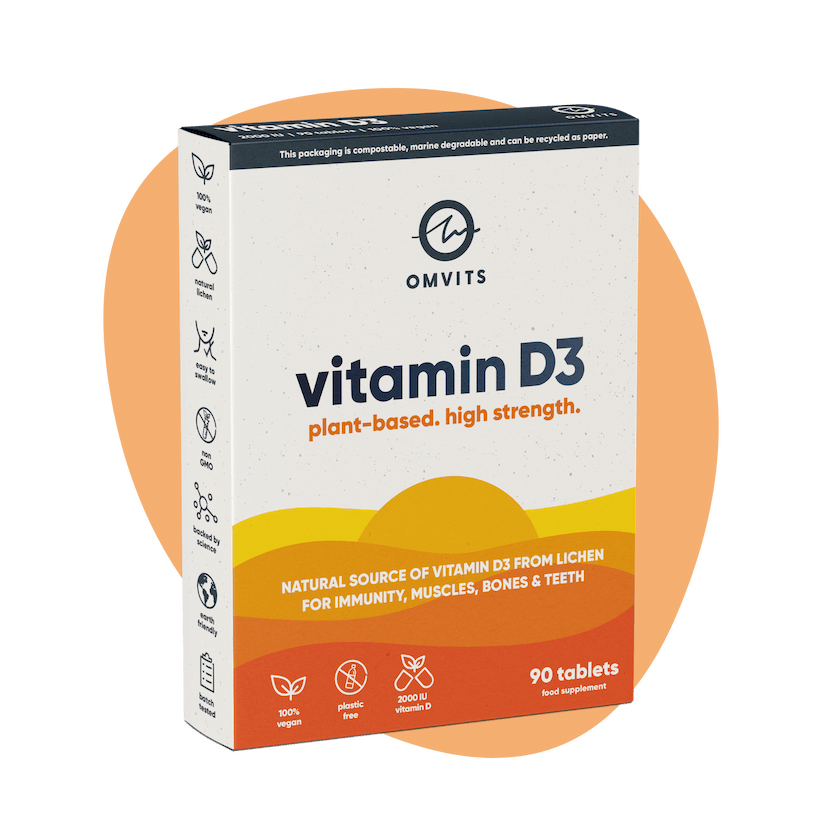

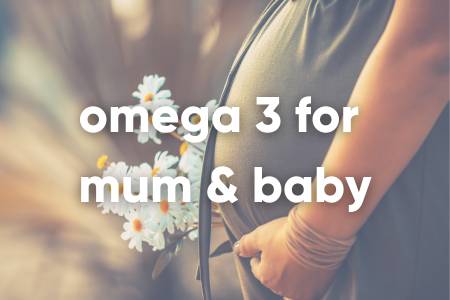
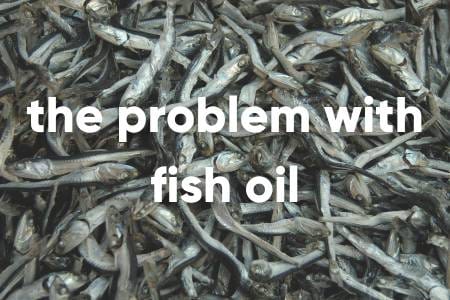
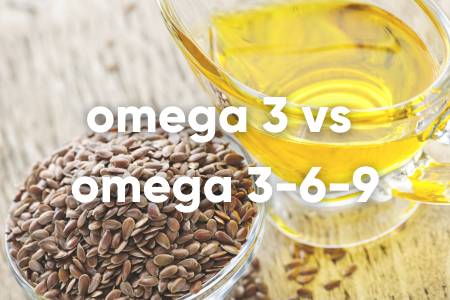
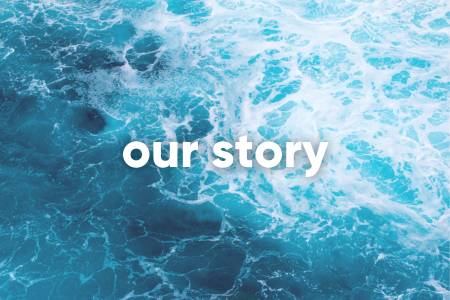


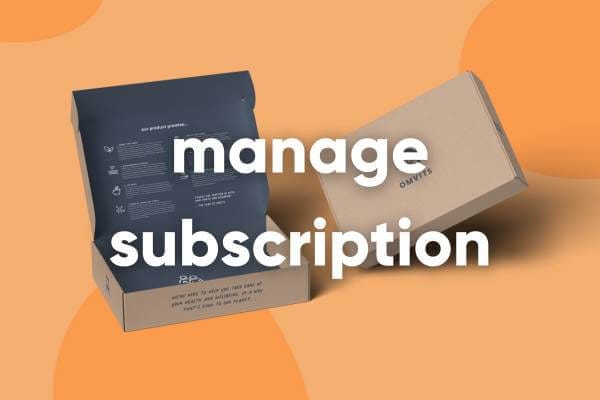
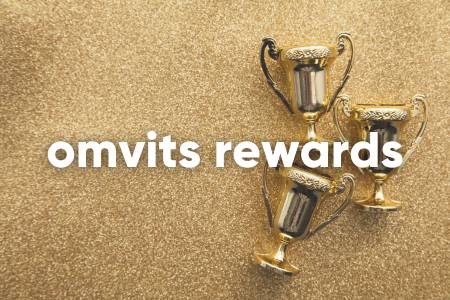

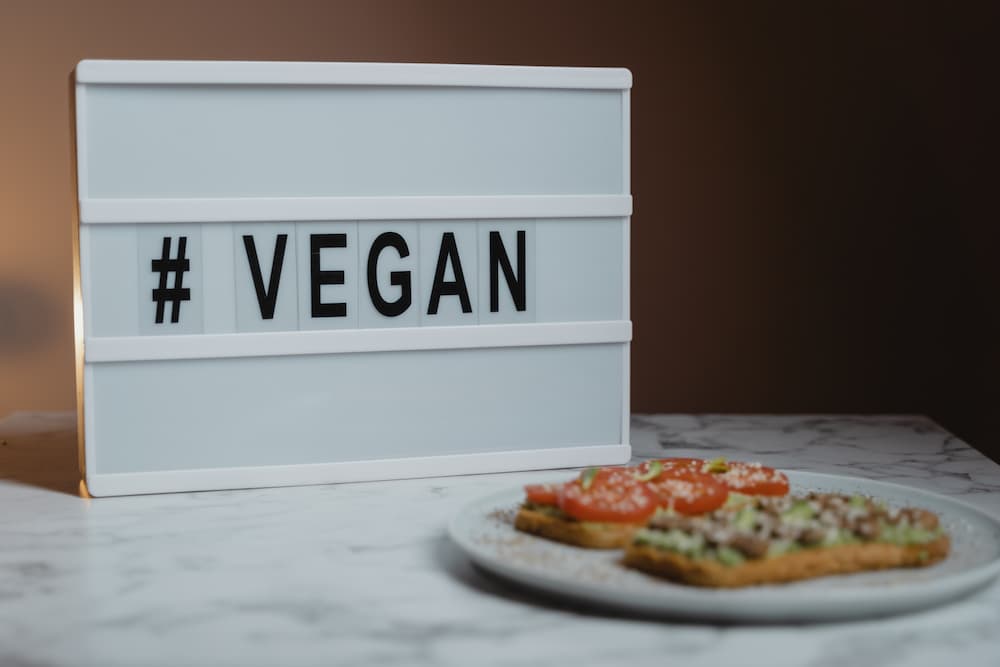

Jennifer Jewell
March 02, 2022
Most helpful and precise